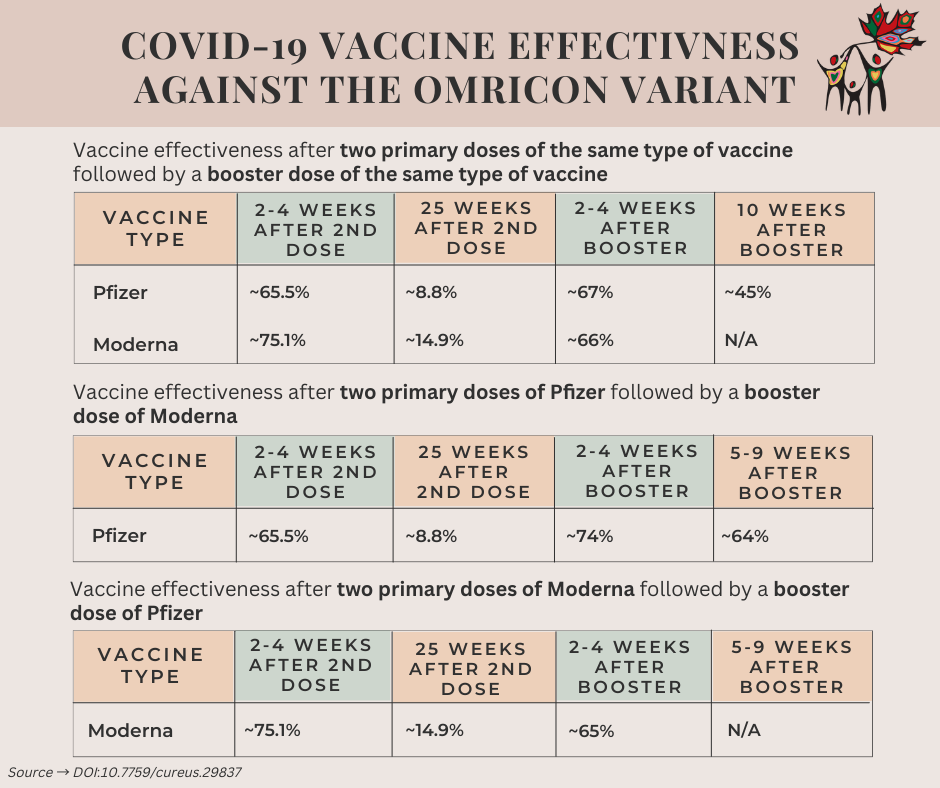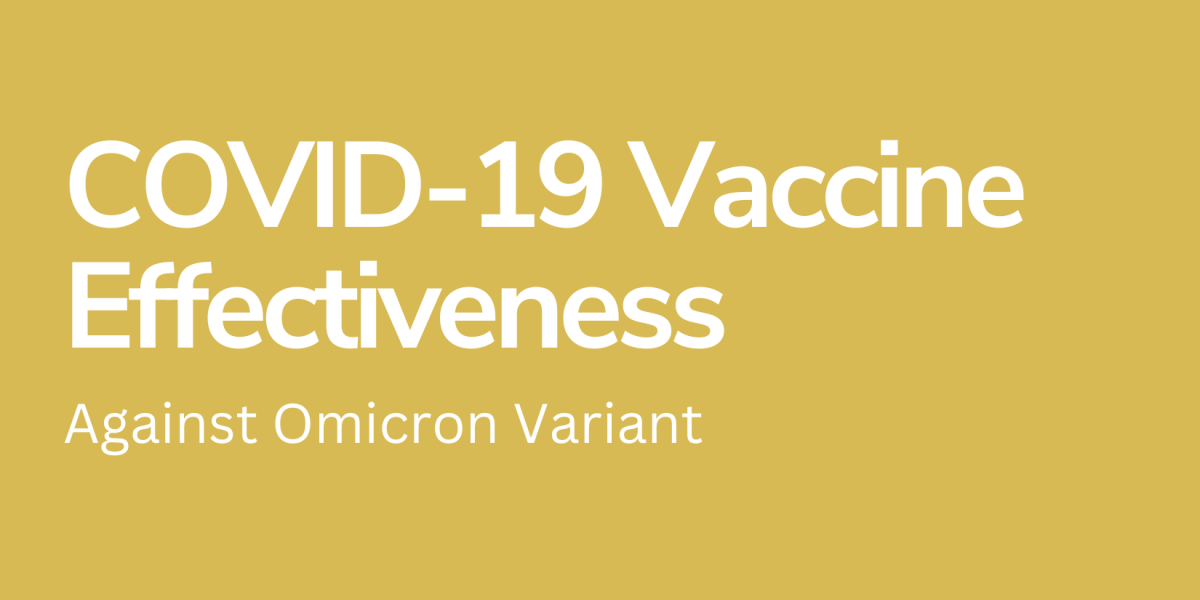Are you debating whether or not to get a COVID-19 booster dose? Making a decision is not easy when reliable information is difficult to find. Your healthcare team is here to share information that you may find helpful as you make the decision that is best for you.
First, let’s talk about the COVID-19 situation in our province. COVID-19 hospitalizations are the highest they have been in months and the weekly death toll has also increased. Those who die or are hospitalized from COVID-19 are typically older, frail, and/or immunocompromised. The increased spread of COVID-19 and other respiratory illnesses is putting a large strain on our already overwhelmed healthcare system, including our regional and local hospitals. So even though we may not be hearing about it as often in the news, COVID-19 continues to be a serious issue in healthcare and a real threat for our most vulnerable populations.
If you are someone who is generally healthy, your risk of getting seriously ill with the COVID-19 variants that are currently circulating is quite low. But you may still be wondering about how well COVID-19 vaccines can help protect you from getting infected in the first place. A lower risk of infection means that you are less likely to feel sick, miss work and/or school, and potentially utilize healthcare resources.
The data in the graphic below shows the vaccine effectiveness of a primary series (2 doses) of the Pfizer and Moderna vaccines, as well as the original booster (not the bivalent booster), against infection from the Omicron variant which is currently circulating. Based on this data, vaccine effectiveness 6 months after two doses of either the Pfizer or Moderna vaccine is very low. However, after a booster dose, it increases to 65% or higher (this is comparable to flu shot effectiveness in a good year).
Vaccine effectiveness against severe outcomes from Omicron is very high following a third dose (95%). In fact, according to recent Canadian data, individuals who have three doses of the COVID-19 vaccine are three times less likely to be hospitalized, and five times less likely to die from their illness, compared to unvaccinated individuals.
Although we don’t yet have real world data for the new bivalent boosters, it can be assumed that higher vaccine effectiveness will occur after receiving this type of booster since they offer more targeted protection against Omicron variants compared to the original booster.
The key message from your healthcare team is this: boosters work well when it comes to restoring protection that has decreased since previous vaccination and they offer great protection against severe illness and death from COVID-19. So, if it’s been more than 6 months since your last COVID-19 vaccine or infection, we encourage you to consider getting boosted.
If you have any questions about COVID-19 vaccines, including their safety, please speak with your healthcare provider.




